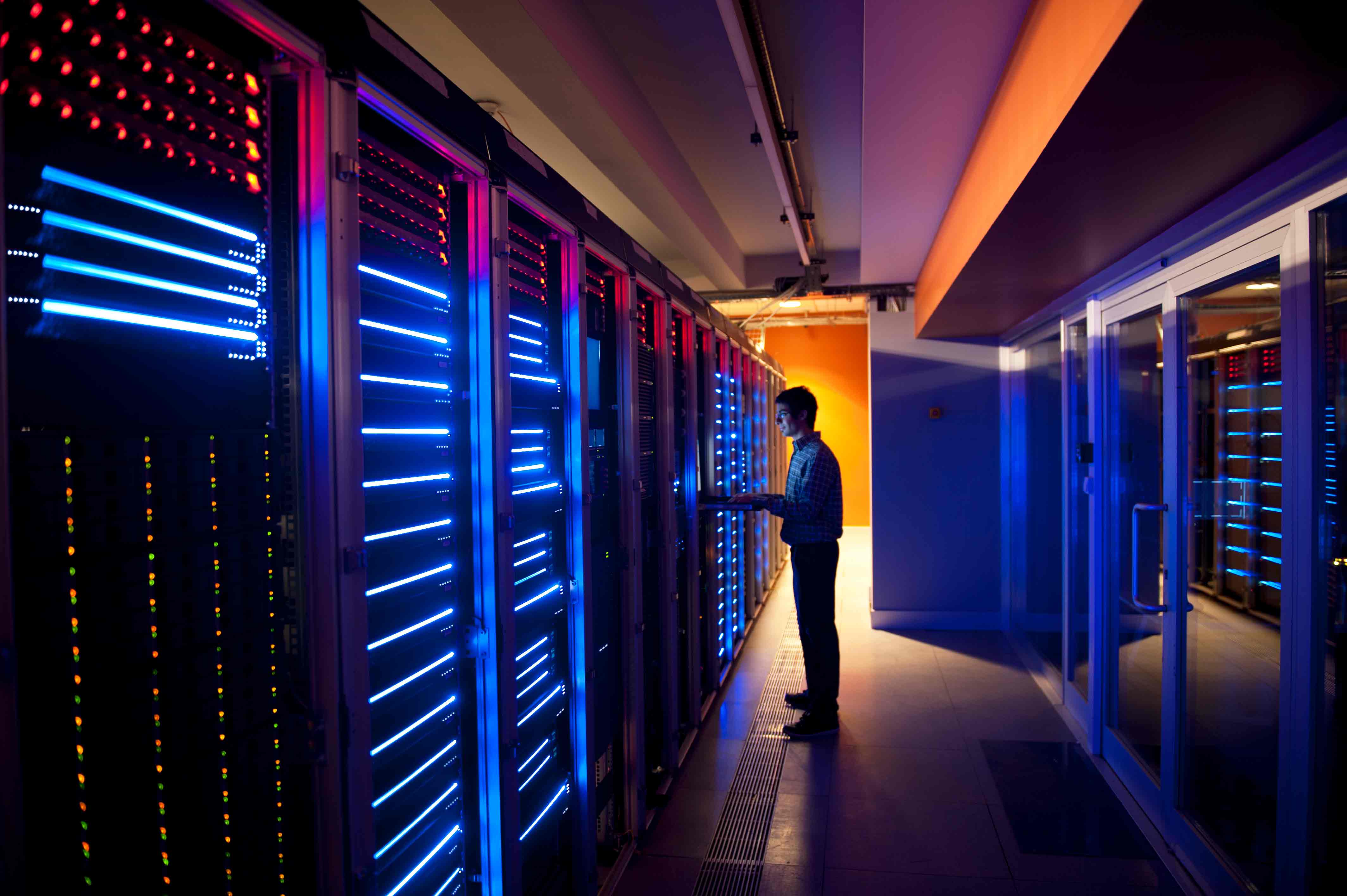Businesses are often defined by technological evolutions, the way we harness technology to break barriers and reimagine the way things are done. Technology has become increasingly ubiquitous in our everyday lives, but through COVID-19 we have seen just how important digital transformation is in staying resilient and adapting to change for the better.
To thrive in what various industries and governments are regarding as a ‘new normal’ means being able to adapt rapidly and anticipate change. Digitalisation plays a key role in helping organisations operate more flexibly and forecast more accurately, even during times of uncertainty.
While COVID-19 has had and continues to have devastating effects on economies and societies globally, both public and private sectors should use the momentum of this event to further accelerate digitalisation plans. Digital transformation has helped supply chains operate more responsively during this crisis, adapting to demand spikes and legislative restrictions that continue to develop quickly.
We saw these sentiments echoed during America’s SAP User Group (ASUG) conference earlier this year where Geoff Scott, CEO of ASUG said, “If you’re an SAP customer who wants to grow and accelerate your business, remove inefficiencies, reduce technical debt, and take advantage of the latest capabilities of SAP software then you need to move to SAP S/4HANA.”
Geoff noted that those in the final stages of implementation projects would be doing whatever they can to see completion, but those in early stages may consider pausing to ensure timing and resources align with expectations.
“With the extension [of standard support for Business Suite 7 apps until 2027] now in place, we still believe SAP customers should move forward as far in advance of any deadline as possible,” Geoff explained.
“The decision about a company’s ‘ERP of the future’ should not come from an SAP ‘pressure point’ or be based solely on the merits of a technical upgrade to S/4HANA. It should be about how best to prepare a company’s business for the future.”
COVID-19 has reshaped how we do things but also highlighted the need for connection both operationally and communicatively. SAP S 4/HANA integrates different systems, processes, and organisations onto a single platform, sharing practices and insights to create a data-supported ecosystem, which improves and evolves with people’s needs while adapting to industry changes.
Unifying these data sets and processes onto a single system ensures consistency in quality and provides complete oversight across organisational structures and business departments. With this comprehensive and holistic control backed by intelligent technologies, businesses can be more flexible, responsive, and forward thinking.
Cloud-based ERP solutions make intelligence more agile compared to on-premises IT infrastructure, helping businesses be more adaptable, cost effective, and efficient. At a time when news changes rapidly and economies face uncertainty, the ability to make decisions quickly and supported by business-data insights is critical. Technology is becoming more intelligent so we can focus on our core competencies and value-adding roles.
With cloud-based ERP, businesses can implement mobile-enabled systems and applications to facilitate more remote workforces – an especially important need during this global pandemic. The digitalisation of business functions has also promoted mobility, which helps staff and management remain safe, productive, and connected.
Frontline workers can ensure business continuity while management can continue making important decisions on-the-go with the insights they need. SAP S/4HANA provides added functionality with dashboards and data visualisation, which makes important business information easier to access, read, and action.
Intelligent technologies can support and monitor IoT [internet of things] sensors, which embeds data collection and analytics throughout a product lifecycle, linking all operational and customer touchpoints to unlock best practice, automating processes, and generating insights for future planning.
This level of efficiency has a flow-on effect to customer service, allowing businesses to provide personalisation in products and services. Intelligent technologies can link supply chains with marketing and customer-service channels to improve the connection between brands and consumers. This ensures consistency in delivery, responsive communications, and foresight into market changes.
COVID-19 has accelerated the need for digital preparedness, having more digitally literate workforces and communities while building digital connections across operations and communications to create more intelligent enterprises.
This ongoing pandemic has highlighted the importance of staying informed, connected, and adaptive. The digital technology we’ve been using to communicate is just the tip of a deep digital iceberg that connects across business silos, industries, and country borders to create an intelligent interconnected system that operates seamlessly and evolves with changing needs.
It’s the responsibility of businesses like SAP to help organisations – both public and private – understand the value in digital transformation to optimise the resources we currently have and plan for an ever-changing future.



